Student Formation
Student formation is not restricted to the Religious Education classroom. It should permeate our whole school environment. This occurs in a number of ways.
Your Catholic school has a Religious Education Coordinator who has delegated responsibility for leadership of the Religious Education Curriculum and many of the areas of student formation. What you should expect in your Broken Bay Catholic school:
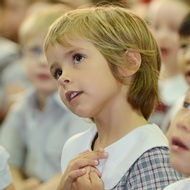
Prayer & Worship
There are regular opportunities for prayer and worship through daily prayer, assembly gatherings and celebrations of Mass, both at class and whole-school level, as well as the Sacrament of Reconciliation.
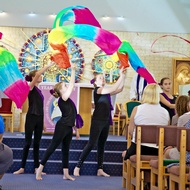
Celebrations
There are several cluster and diocesan gatherings of students for Mass with the Bishop. There are also opportunities for Year 6 and Year 12 students to participate in social justice projects.

Parishes
The school is part of its parish or parishes. The Parish Priest and other clergy are involved regularly. Your family is invited into the parish faith community through the school.
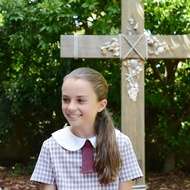
Opportunities for Reflection
In secondary schools there are student reflection days and retreat opportunities that enable students to reflect on their faith journey.
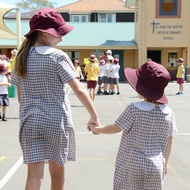
Pastoral Care
The quality of care and relationships among all people in the school community should be a practical expression of the way we imitate Jesus. We call this ‘pastoral care’ because it reminds us of how the Good Shepherd, Jesus, cares for us.
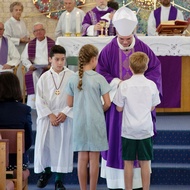
Sacramental Preparation
There is support of the family-centred, parish-based sacramental preparation programs for Confirmation, the first celebration of Reconciliation and first reception of the Eucharist, which generally occur across the ages of 7 to 9 years in Broken Bay parishes.
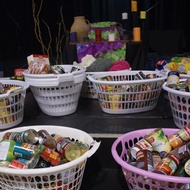
Social Justice
There is a focus on practical community outreach and support for Catholic agencies such as Caritas Australia (Project Compassion in Lent), the St Vincent de Paul Society (Winter and Christmas Appeals) and Catholic Mission (especially leading to October, which is Mission Month).
Many schools have ‘Mini Vinnies’ or a secondary social justice group, or conduct mission project events. Students across the Diocese participate in the primary and secondary days exploring social justice issues and supporting each other in social justice projects.
